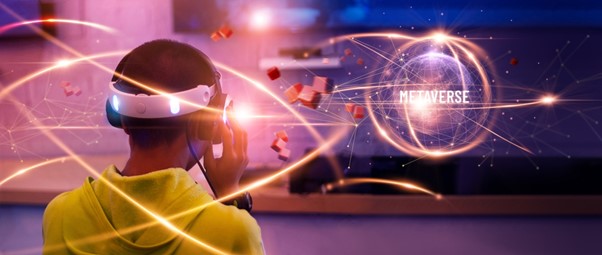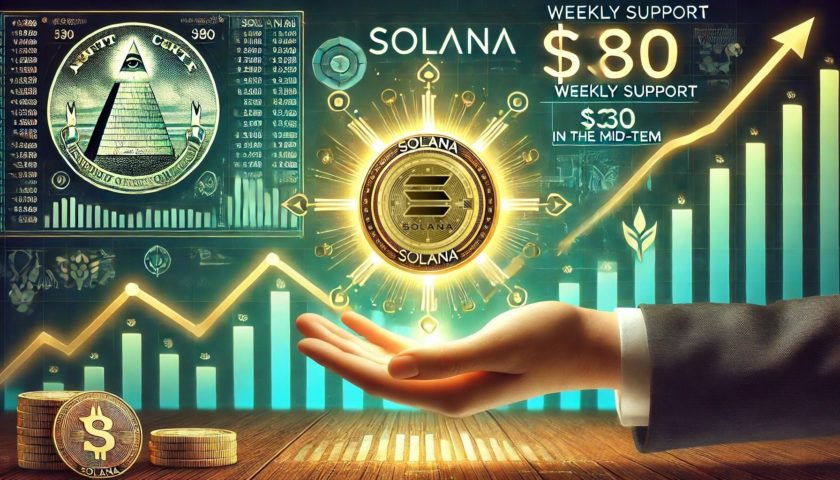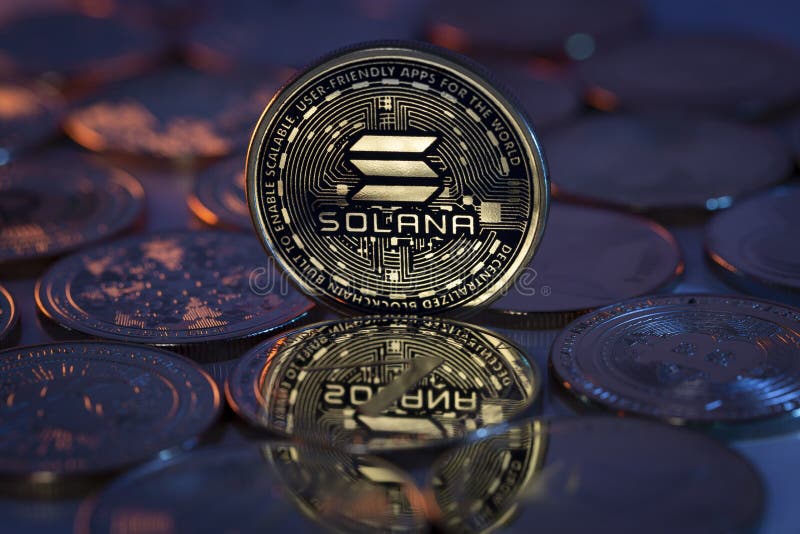The next time you hear someone dismiss the metaverse as “all hype,” kindly inform them that a 500-square-meter plot of virtual real estate is worth more than their house. At any rate, this stinging retort should suffice providing your adversary’s abode is worth less than $2.43 million – the price associated with the largest metaverse land acquisition to date.
The eye-popping purchase by the Metaverse Group reflects a groundswell of support among investors, who are increasingly betting big on vibrant virtual ecosystems wherein users work, earn and socialize. Even Facebook is wise to the prevailing headwinds, having recently declared that it will transform from a social media firm into a metaverse company.
A Metaverse Open to All
While Facebook’s executive branch will be keen to establish the company as a dominant player in this rapidly-expanding market, a note on their new website explains that “the metaverse will be a collective project that goes beyond a single company. It will be created by people all over the world, and open to everyone.”
It’s a sentiment shared by Solice, a soon-to-be-released metaverse project built on top of Solana’s super-fast blockchain. Devised by a core team of senior software engineers and creative designers, with assistance from VR gaming experts and crypto/DeFi veterans, Solice aims to be the most immersive and interactive virtual environment in the blockchain universe, with a colorful landscape made up of five unique islands. In this alluring archipelago, players can participate in a range of activities, whether they wish to explore, invent, earn, game, barter or socialize.
Key components of Solice include an integrated 3D NFT marketplace wherein users can buy, sell and browse items such as pets (whose rarity will determine APY rates), avatar apparel, the raw materials needed to construct various items (ore, rare gems), and even land and buildings. In the case of the latter, LAND NFTs are represented by 15x15m squares with the total number of parcels capped at 60,000. While Solice owns all public spaces, plazas and roads – none of which can be bought or sold by users – the rest of the terrain is up for grabs.
Compatible with wearable VR/AR tech out of the box, Solice will take users to a phantasmagorical dimension: a released sketch of the metaverse shows several floating islands, each with its own unique properties and features. The first one users can get to grips with is Amoris, described as a Utopia for the civilized human species. Thereafter, islands such as the mysterious Yamashi and volcanic Ludivour will offer their own delights.
Stacking Paper in Solice’s Meta-World
Interestingly, Solice allows users to both take advantage of inbuilt earning opportunities and create their own revenue-raising models. Thus, players can stake tokens on land plots to obtain extra APY rewards while also getting to create mini-games that others are charged to play. The latter feature is enabled by an editor program, a stand-alone SDK scheduled for release next autumn. Play-to-earn (P2E) mechanisms in the form of quests, meanwhile, will incentivize users to complete missions in exchange for rewards.
Solice’s powerful infrastructure means that it’s even possible to run competitions, host ticketed events (fashion shows, concerts), and rent desirable LAND parcels to other players, with 5% of all marketplace transactions collected as transaction fees.
At the center of Solice’s burgeoning world is SLC, the project’s native currency. By holding such tokens in their wallets, players can vote on governance matters, earn staking rewards, create their own assets, and pick up NFTs from the marketplace.
As in the most ambitious metaverse projects, Solice is pitched at a vast cross-section of users: liquidity providers and other DeFi veterans; hardcore gamers; even businesses, who can lease advertising space in busy public areas. While the hype is building nicely for the venture, users will have to wait until early 2022 to get to grips with everything Solice has to offer. Only then will we know whether Solana’s latest metaverse project has staying power.




